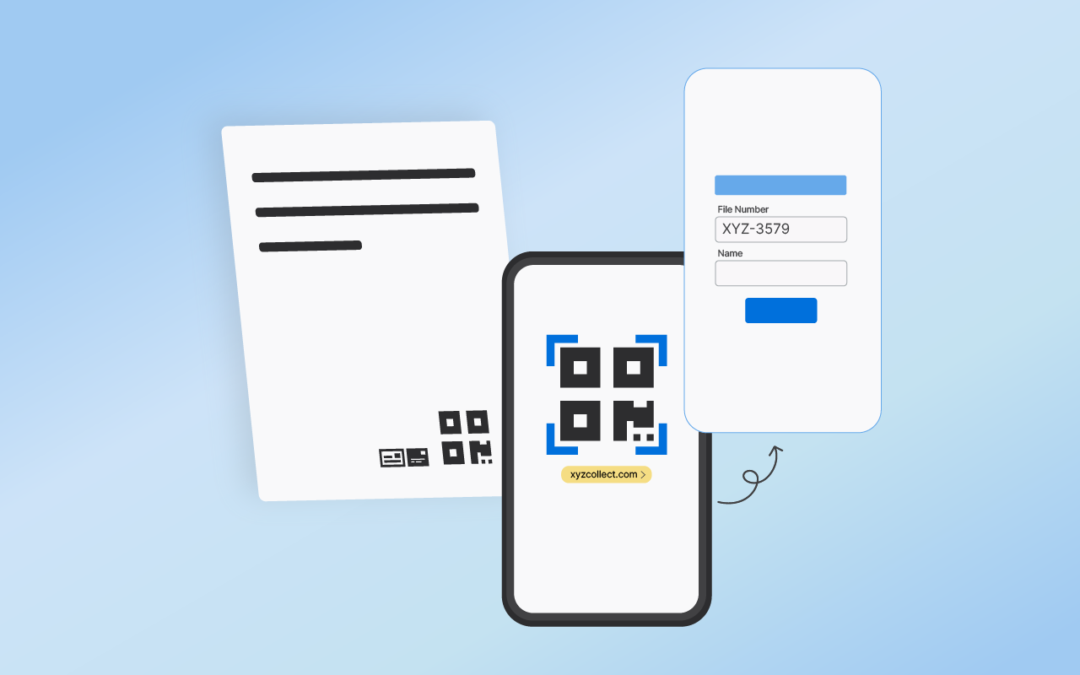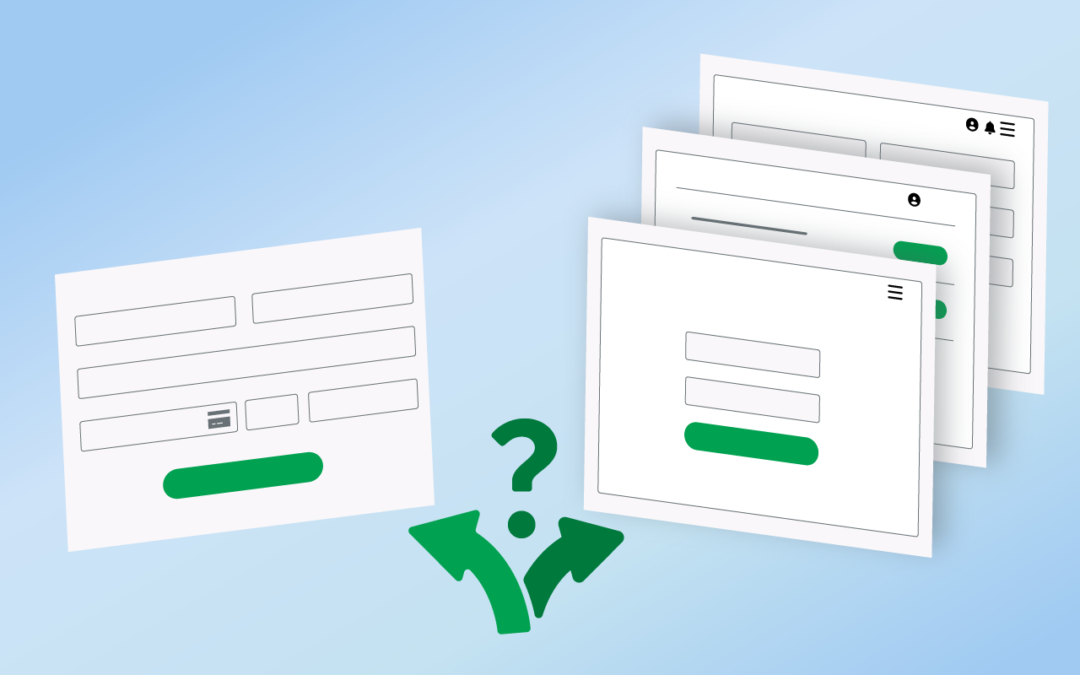Debt collection law prohibits collectors from communicating with consumers at inconvenient times. Under the Fair Debt Collection Practices Act, that’s outside the hours of 8 a.m. and 8 p.m. in the consumer’s local time, unless the consumer has given prior consent.
In a recent court case, a consumer sued a collection agency after receiving an email outside that the time frame.
What Happened?
On November 29, 2022, TrueAccord sent an email to Nina Quinn-Davis about a debt she owed. She claimed the email broke the rules of the Fair Debt Collection Practices Act (FDCPA) and the Florida Consumer Collection Practices Act (FCCPA).
Here’s the timeline of the email:
- Sent: TrueAccord sent the email at 8:23 p.m.
- Delivered: The email landed in Quinn-Davis’s inbox at 10:14 p.m.
- Opened: Quinn-Davis first opened the email the next day at 11:44 a.m.
Quinn-Davis argued that the email delivery at 10:14 p.m. violated the law. TrueAccord argued that the email didn’t count as a communication until she opened it.
The Court Decision
Judge David S. Leibowitz looked at the key question: Does sending an email count as “communicating,” or does communication happen when the person reads the email?
Federal Law (FDCPA)
The law defines communication as sharing information with someone. The court ruled that an email doesn’t count as communication until the person receives or reads it. Simply sending an email isn’t enough.
Florida Law (FCCPA)
Florida’s law uses similar language to the federal law. The court decided to interpret both laws the same way, meaning communication happens when the email is opened or read.
The Outcome
The court ruled that TrueAccord “communicated” with Quinn-Davis at 11:44 a.m. on November 30, when she opened the email. Since this was during allowed hours, TrueAccord didn’t break the law. The court granted TrueAccord’s request to end the case.
The Takeaways
- Defining Communication: Courts are still figuring out how old laws apply to new technology like email.
- Fair Rules for All: The court balanced protecting consumers with making sure businesses aren’t unfairly blamed for things they can’t control, like email delays.
- Future Decisions: As more cases like this come up, courts may need to set clearer rules for electronic communication.




